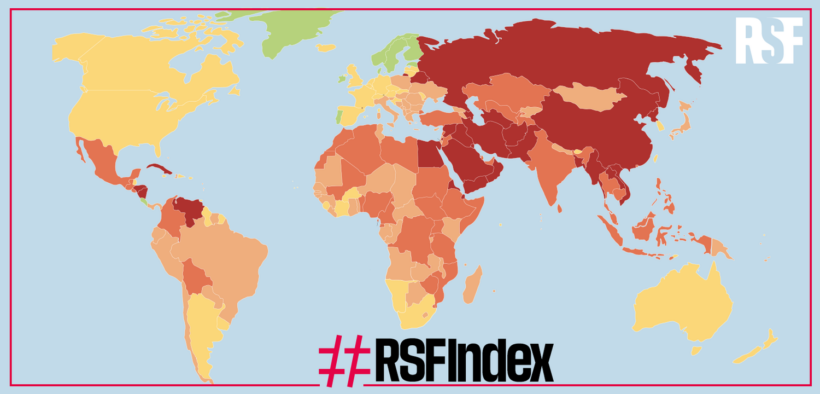A European Parliament committee that investigates spyware use by European Union governments soundly criticized the Greek government’s response to revelations it surveilled independent journalists and an opposition leader.
“We’ve heard worrying reports of journalists feeling unsafe when they write about important topics, of the supposedly independent data protection authority being put under pressure, and of national security used as blanket justification for spyware abuse and surveillance,” committee rapporteur and European Parliamentarian Sophie in ‘t Veld said at the end of a visit to Athens last week.
State surveillance of journalists raises serious privacy and free expression concerns. It also interferes with media freedom and violates the confidentiality of journalistic sources, protected under the European Convention on Human Rights and EU Charter of Fundamental Rights. Such surveillance can also have a chilling effect on journalism and its role in a democratic society.
“For many months I was in fear. In fear of meeting people, my sources, and exposing them,” Stavros Malichudis, an independent reporter, told Human Rights Watch. “It took me a lot of time to disengage from what happened and start doing reporting again.” Malichudis discovered in November 2021 that Greece’s intelligence service, EYP, had spied on him.
A Greek parliament inquiry into the surveillance scandal opened in September, but the ruling New Democracy party blocked dozens of witnesses proposed by opposition parties, including the head of EYP and Greece’s prime minister, as well journalists whose phones had been wiretapped. In addition, the ruling party-controlled committee conducting the inquiry decided that all inquiry meetings would be held behind closed doors and remain confidential, along with the committee’s concluding report, raising transparency concerns.
The surveillance scandal is part of a pattern of the Greek government curbing media freedom, which impacts the rule of law. Greece fell 38 positions within a year in Reporters Without Borders’ 2022 press freedom index, with the organization marking it the lowest-ranked EU country.
This adds to concerns over the increasingly hostile environment for civil society in the country.
With elections expected next year, it’s vital that Greek authorities move to restore trust in the ability of journalists to do their job without government interference. That means opening up the Greek parliamentary inquiry, cooperating fully with the European Parliament investigation, and prohibiting its agencies from procuring or using spyware until human rights safeguards are in place.










